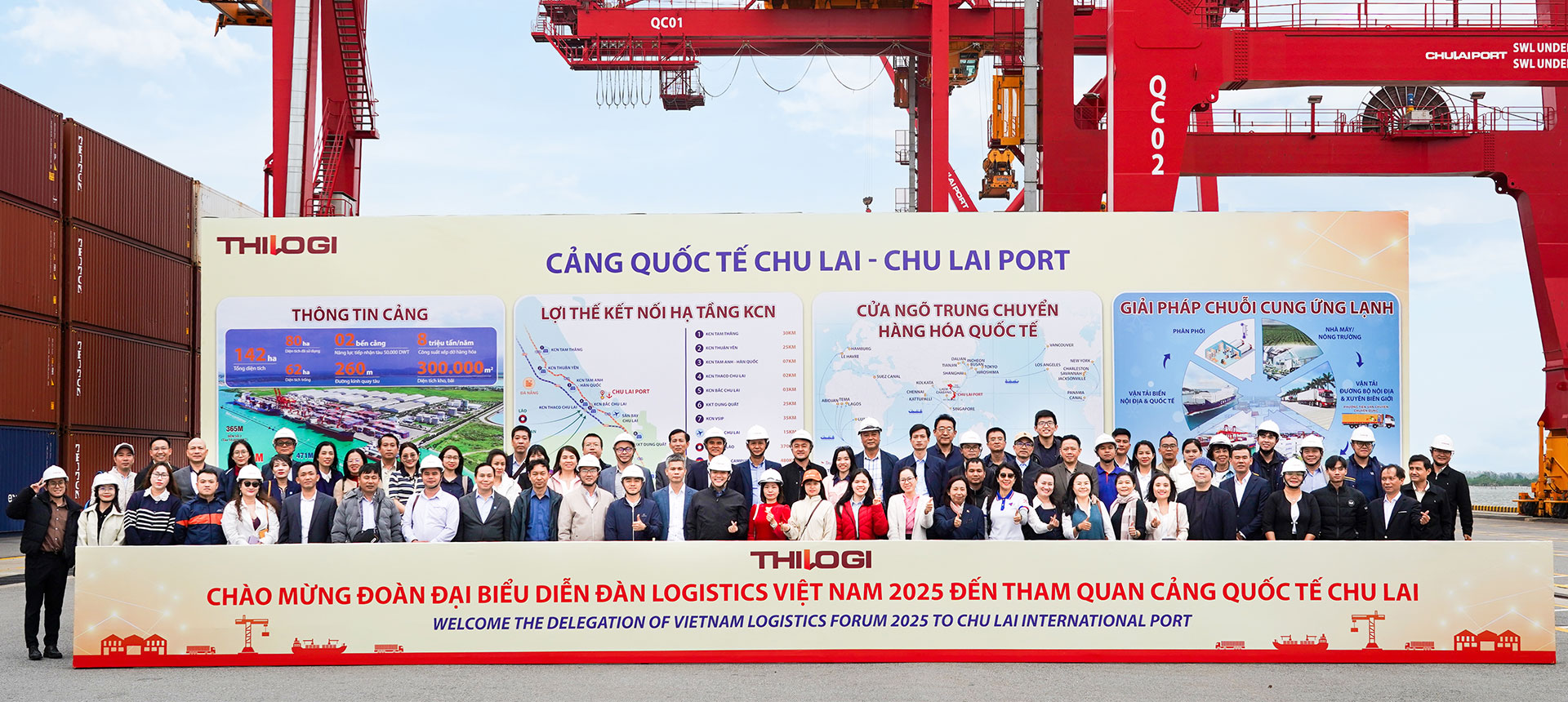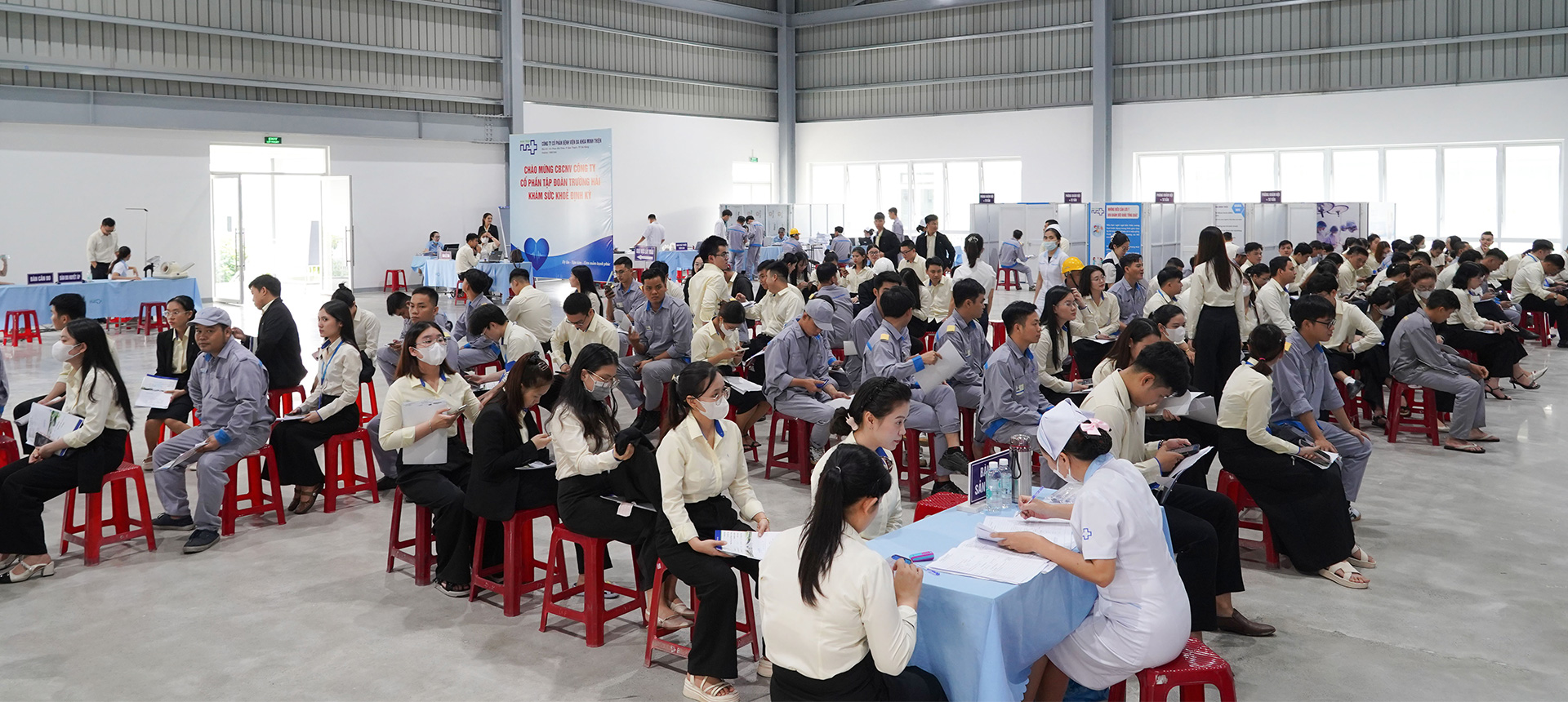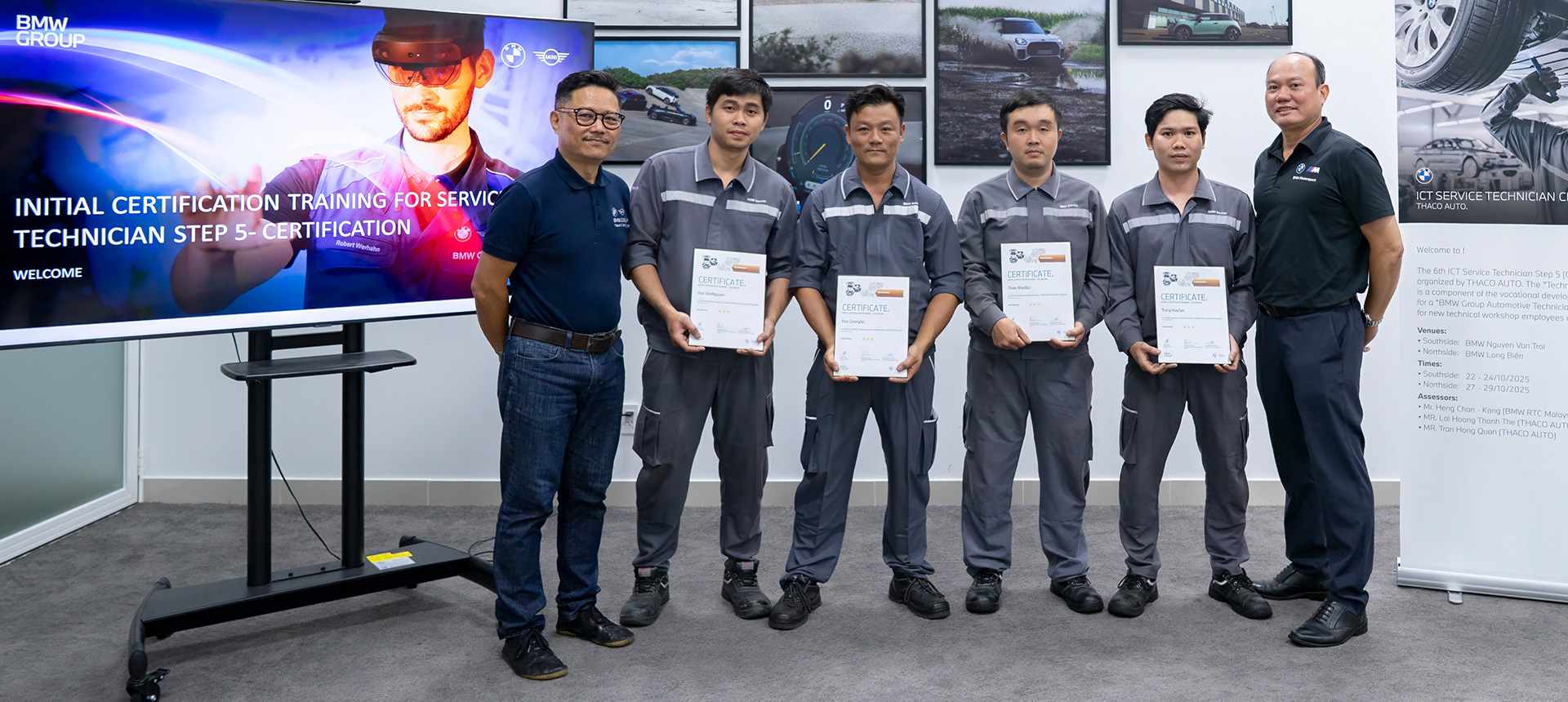THACO AGRI promotes investment cooperation in An Giang Province
On November 26, in Ho Chi Minh City, the An Giang Provincial People's Committee held a conference to introduce the province’s investment potentials and products under the theme "An Giang: New Space - New Value." THACO AGRI President Tran Bao Son and Deputy CEO Tran Tien of the Pig Farming Corporation attended the event.

The conference was attended by Ms. Nguyen Thi Bich Ngoc, Deputy Minister of Planning and Investment; Mr. Ho Van Mung, Chairman of the An Giang People's Committee; leaders of local departments, agencies, and nearly 200 delegates representing organizations, associations, businesses, and investors from domestic and foreign markets.
At the conference, businesses and organizations were introduced to the province's potential and competitive advantages, key investment projects aligned with An Giang's master plan during 2021-2030, with a vision to 2050, and learned about the province's preferential policies and investment environment.
In his opening speech, Mr. Ho Van Mung emphasized that An Giang is a land with many natural advantages, inherent potential, and cultural and historical values passed down through generations. By 2030, the province aims to focus on three key development areas: agricultural economy, tourism development, and border trade economy. The province is determined to turn these potentials and strengths into new growth economic drivers in the coming years.


At the conference, An Giang’s leaders handed over a memorandum of cooperation and investment in the province to THACO AGRI President Tran Bao Son and presented an accolade from the An Giang People's Committee to Deputy CEO Tran Tien of the Pig Farming Corporation for their significant contributions to the province's socio-economic development.

On this occasion, the province successfully connected with over 10 strategic investors interested in cooperating and researching investment projects in its key potential areas, such as industrial park infrastructure, functional areas, border economic zones, food processing and light industries, urban and commercial housing development, renewable and clean energy, logistics services, tourism, and large-scale high-tech agriculture.








